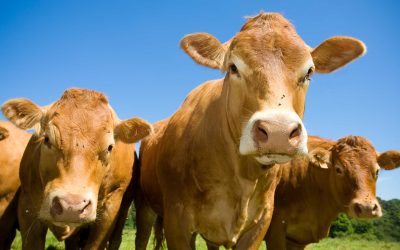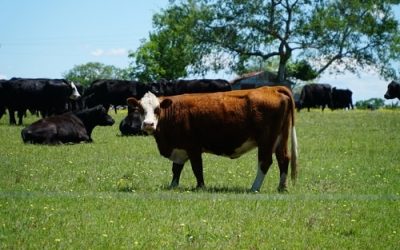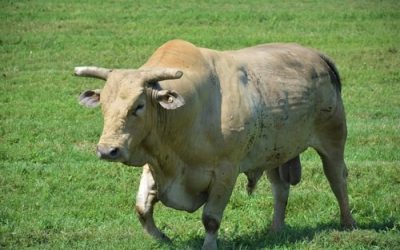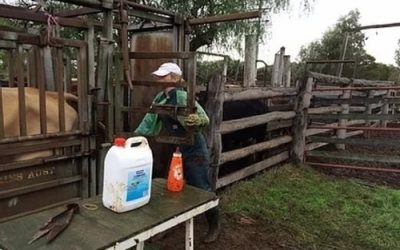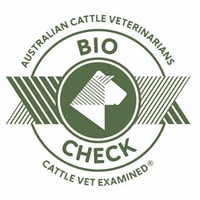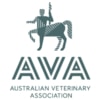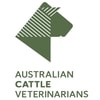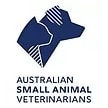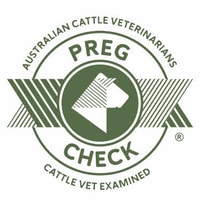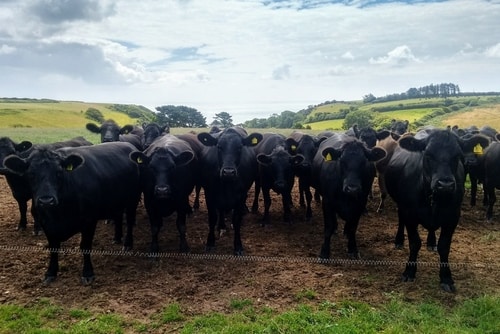
3 day sickness is a disease of cattle seen predominantly in Southern – Eastern Australia down through NSW where the vectors (for eg. Midges) travel. The typical time period where cases tend to increase is January to April. With earlier Spring rain though, this disease can be seen from October.
Clinical Signs
Clinical signs include fever and inappetence, muscle stiffness, and massive drops in milk production. The disease tends to progress over 3 days, as the name aptly suggests, and the majority of animals tend to recover after this period.
However, bulls, heavy set cows/bullocks and high producing cows tend to be hit the hardest and may require treatment. As such we highly recommend vaccinating these animals specifically prior to the summer around Sept/Oct. They require an initial 2 shots 4 weeks apart and then a yearly booster.
If you are unsure about whether your animal requires treatment for 3 days sickness we recommend giving the clinic a call and speaking to one of the veterinarians.
Prevention
Prevention is always better than a cure! Bovine Ephemeral Fever vaccination is available and is best administered prior to Summer. The decision that producers should make is whether the cost of vaccination is worth while for their herd.
At a minimum we recommend all bulls be vaccinated as a high fever can decrease semen quality for months, and even lifelong in some bulls. The virus also can destroy the nerve sheaths making animals unable to rise again. These animals can look completely normal eating and drinking fine but never able to stand. These animals often need to be euthanased.
RELATED ARTICLES
Castration Techniques in Cattle and Small Ruminants
Castration Techniques in Cattle and Small Ruminants Throughout the wet season, The Pittsworth Veterinary Surgery have been seeing a few more cases of cattle and small ruminants with post-castration swellings and infections. So, we’ve compiled the few methods of...
Grain Poisoning in cattle
Feeding cattle grain is a very common practice in this area but it doesn't come without it's risks. One of the most common conditions we see is grain poisoning or acidosis, which can be fatal however the good news is that there is a lot we can do to prevent it! ...
Bull Semen Evaluation
We strongly recommend getting all bulls intended for use that season semen tested at least 2 months before they are intended to be bred with to allow for any problems that may arise to rectify themselves as well as time to look for a replacement bull if necessary....
Pregnancy Testing
Our Cattle Pregnancy Testing Here at the Pittsworth Veterinary Surgery we have the ability to provide ACV pregnancy testing tags under PREgCHECK. The benefits of pregnancy testing far out way the costs when you look at the costs involved in running empty cows and...
RELATED
ARTICLES
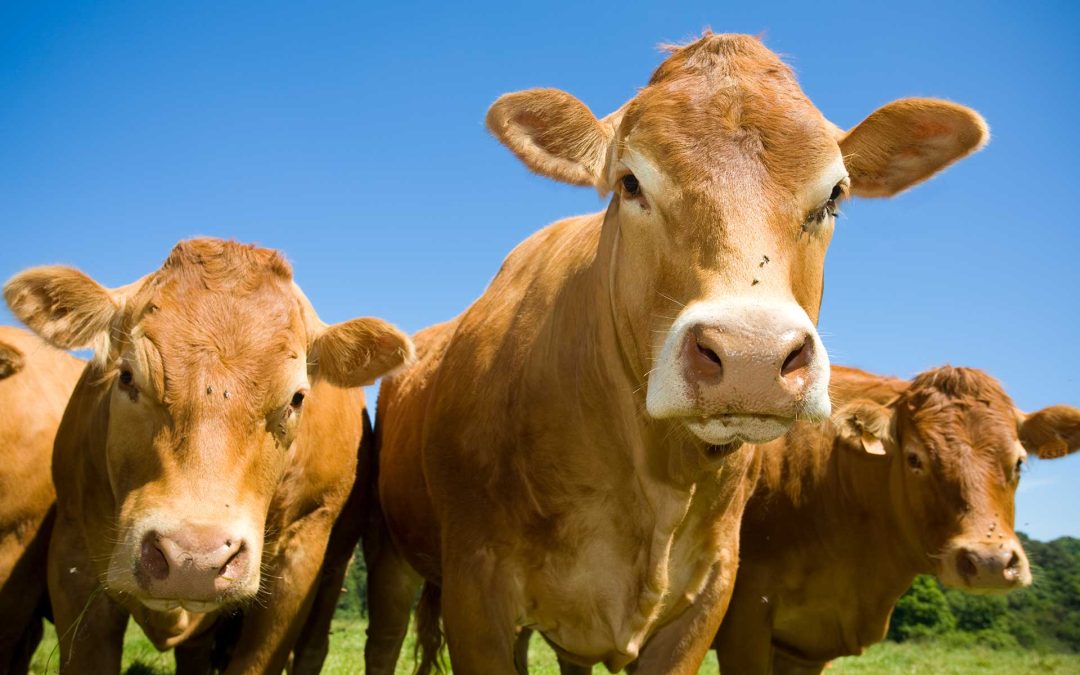
Castration Techniques in Cattle and Small Ruminants
Castration Techniques in Cattle and Small Ruminants Throughout the wet season, The Pittsworth Veterinary Surgery have been seeing a few more cases of cattle and small ruminants with post-castration swellings and infections. So, we’ve compiled the few methods of...
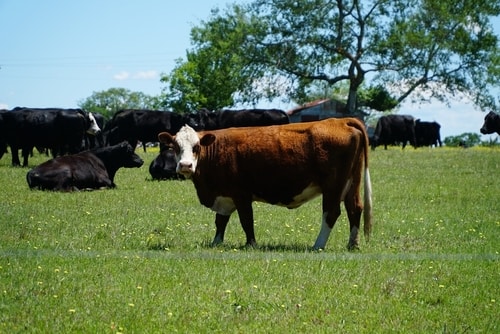
Grain Poisoning in cattle
Feeding cattle grain is a very common practice in this area but it doesn't come without it's risks. One of the most common conditions we see is grain poisoning or acidosis, which can be fatal however the good news is that there is a lot we can do to prevent it! ...
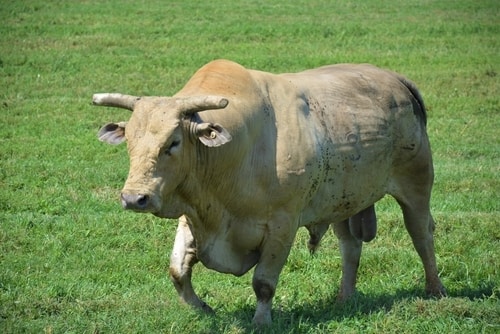
Bull Semen Evaluation
We strongly recommend getting all bulls intended for use that season semen tested at least 2 months before they are intended to be bred with to allow for any problems that may arise to rectify themselves as well as time to look for a replacement bull if necessary....
Call Us Today To Discuss Your Animal Needs
Business Hours Phone: 07 4693 2233




